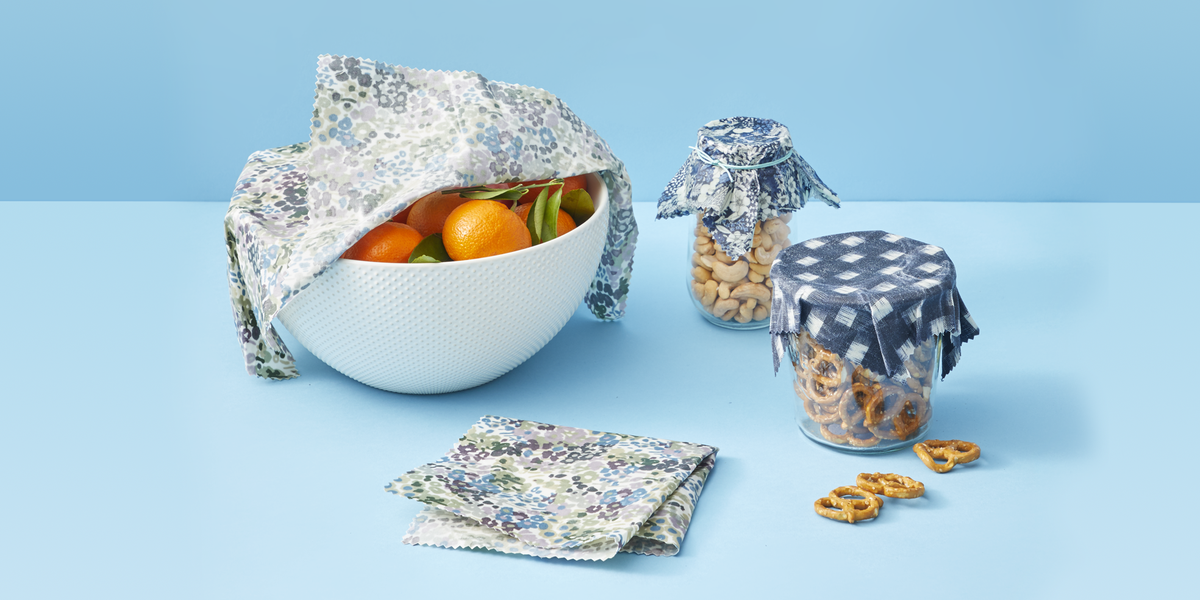
FAQ About Beeswax Wraps

What are the cons of beeswax wraps?
While beeswax wraps are a great sustainable alternative to plastic wrap, there are some potential cons to consider:
Limited use for wet foods: Beeswax wraps are not as effective at sealing wet or juicy foods, as the liquid can seep through the fabric and cause the wrap to lose its stickiness.
Not suitable for high heat: Beeswax wraps should not be exposed to high temperatures, such as in a microwave or oven, as the wax can melt and damage the wrap.
Limited lifespan: Although beeswax wraps can last for several months, they are not as durable as plastic or other reusable food storage options and may need to be replaced more frequently.
Not suitable for all foods: Some foods, such as raw meat or acidic fruits, may not be suitable for storage in beeswax wraps due to the risk of contamination or damage to the fabric.
Can be difficult to clean: Beeswax wraps need to be washed in cool water and air-dried, which may be more time-consuming than simply throwing away a used piece of plastic wrap.
Potential allergen: Some people may be allergic to beeswax, which can cause skin irritation or other allergic reactions.
